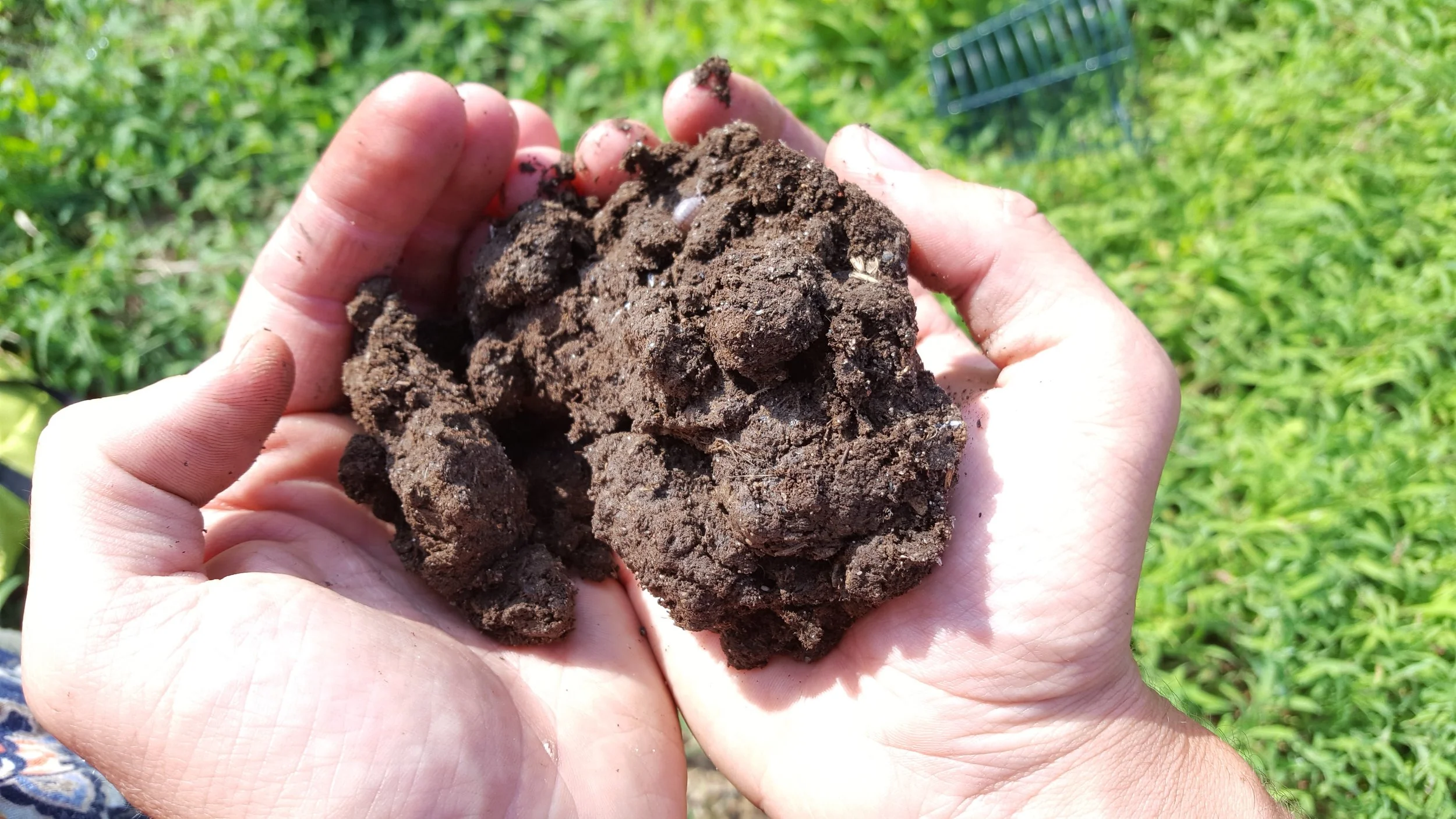Visited Bob Mattie at Elysium Farm today. He grows good pigs. At his farm, you can understand why Rudolf Steiner called pigs "heavenly" creatures (perplexing his audience). These animals are vast accumulators of cosmic substantiality, the stuff of life. Cosmic substance is the richness of soil and the essence of life: fat. Alchemists called this fat "Sulfur" because it's what makes candles burn and brains stay on. Fat makes life go boom. Alchemists saw this fat condensing in the dew gifted every morning.
Why does it matter? As Steiner himself indicated, the fat of any animal has the least of the character of the animal itself - fat is a coalescence of plant sugars and nutrients the way that beeswax is a special concentration of honey. Fat is stored up sunlight.
Here I have to buck convention a bit with a hair-splitting quibble. We are NOT what we eat. We are the QUALITY of whatever we eat. Eating corn doesn't make us corny. Eating bones doesn't make dogs boney. But eating healthy food, for the most part, makes us healthy. Fat from animals or plants in toxic conditions collects toxicity. Fat from healthy conditions is a condensation of the entire thriving environment. By eating, we bring outside conditions inside us. It is as if you have a photograph of the welfare of an animal (or plant) in the flavor and aroma of its fat. If we eat unhealthy food, it doesn't matter if it's an animal or a plant at all! We are the *quality* of whatever we eat. Therefore, focus on quality. Eat less meat, sure, but also eat BETTER meat.
Pictured here is Bob filling a tote with sea salt and probiotics and vinegar to further improve the health of his noble beasts and his thoughtful customers. Wanna be sick? Eat cheap food and sick animals and sad plants all day every day.
Or get bacon from Bob.











